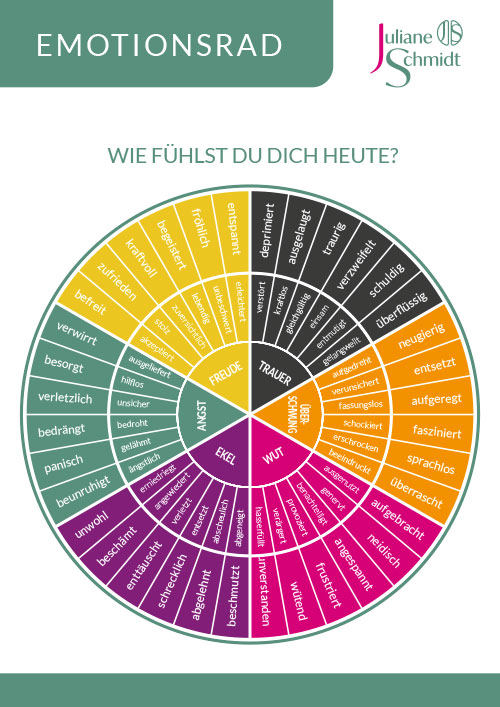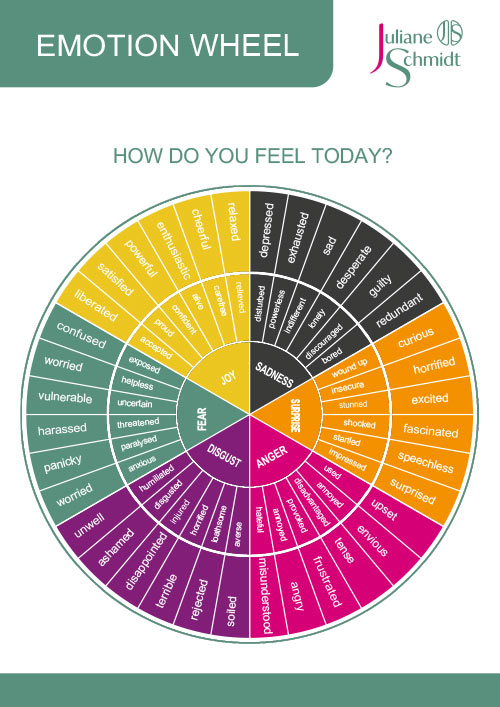Have you ever heard of a gyroscope?
It is an instrument, in which the wheel and axle rotate freely in a metal frame. It resists external influences by always returning to equilibrium as long as its centre is rotating. The rotating centre generates a force that keeps the gyroscope upright. It is installed in measuring instruments used for stabilisation and navigation, for example in aircraft, ships and spacecraft.
Above all, however, it is a great metaphor for our health.

The Victorian gyroscope in my practice symbolises inner balance
I was struck by this metaphor while reading the book Healing: Beyond Pills & Potions” by Dr. Steve Bierman and was inspired to continue my hypnotherapeutic training.
In his book The Wisdom of the Body, published in 1932, physiologist Walter Cannon coined the term “homeostasis” – the body’s ability to maintain its inner balance through complex self-correcting measures. A marvel! Like the gyroscope. When the centre is strong and the protective systems work – physically and mentally.
How do I get sick?
In order to find out how I get well, the question of how I get sick is essential.
Our protective systems are exposed to a variety of influences and if these systems are not sufficient, illnesses manifest themselves. The type and severity of symptoms with which the illnesses then manifest themselves depends in turn on the state of our protective systems: the body’s immune system – our defences – and the soul’s immune system – our resilience.
Simple really, isn’t it? And yet as individual from person to person as a fingerprint.
What can such influences be that can cause illness? Genetic factors, pathogens, toxins, addictive substances, lack of nutrients, lack of exercise, psychological strains, social isolation, beliefs, stress perception. One influence rarely comes alone!
And what symptoms do illnesses usually manifest themselves with?
Physical: fever, rash, nausea, cough, inflammation, digestive problems, sleep disorders, loss of libido, pain, stress.
Psychological: anxiety, restlessness, lack of drive, loss of interest, sleep disorders, loss of libido, pain, stress.
(Was there a copying error? No!) Physical and psychological phenomena can’t be separated.

Physical and psychological symptoms can only be considered and treated together.
Why am I getting sick today?
An exciting and insightful additional question, about which an astonishing number of people have an assumption in the back of their minds: Why today? Why today and not at some other time? Dr. Steve Bierman asks: “I know you won’t know the answer to this, but if you had to guess, why did you get this disease today?”
This assumption then often points to a need that has been shifted into the unconscious. The need to escape a certain situation, which manifests itself through the unconscious (!) withdrawal into illness.
Tonight, the patient’s cardiac arrhythmia worsened because tomorrow she was supposed to drive her sick husband to a treatment that was very worrying for both of them. Today, the eleven-year-old’s fingertips cracked because she was about to start piano lessons, which she no longer wanted. The patient caught a bad cold today, even though he had planned his first date after his divorce the day after tomorrow
Can you think of any examples from your environment?
We are all familiar with the placebo effect and the nocebo effect as tangible proof that beliefs and expectations influence our health.
And how do I get healthy now?
Maybe in your head. Directly today. With an anger trigger
This exercise is an introduction to the topic of the soul’s immune system. If something makes me absolutely furious, then I have a part of myself that resonates with this trigger. In short: I have an unprocessed issue here myself, otherwise the whole thing would leave me cold.
Anger is one of the six basic emotions of joy, anger, fear, sadness, surprise and disgust, from whose gradations all other emotions arise. However, anger is hardly accepted in society and in the social environment. It is therefore highly likely that anger issues, which have been shifted into the unconscious, will lead to beliefs and psychological stress that can become the cause of illness.
So I can start by asking myself three questions and answering them honestly:
- What behaviour of my fellow human beings makes me particularly angry?
- What need in me is not being satisfied by the behaviour of my fellow human beings in this situation?
- Where have I experienced that before?
Enjoy this short exploration of our own emotions. If we recognise them and become aware of them, we are well on the way to being able to control them. Emotion control is an important resilience factor and strengthens our soul’s immune system.
Would you like to look further into your emotions? Perhaps the emotion wheel will help you to recognise and categorise what you are feeling. (DOWNLOAD)




